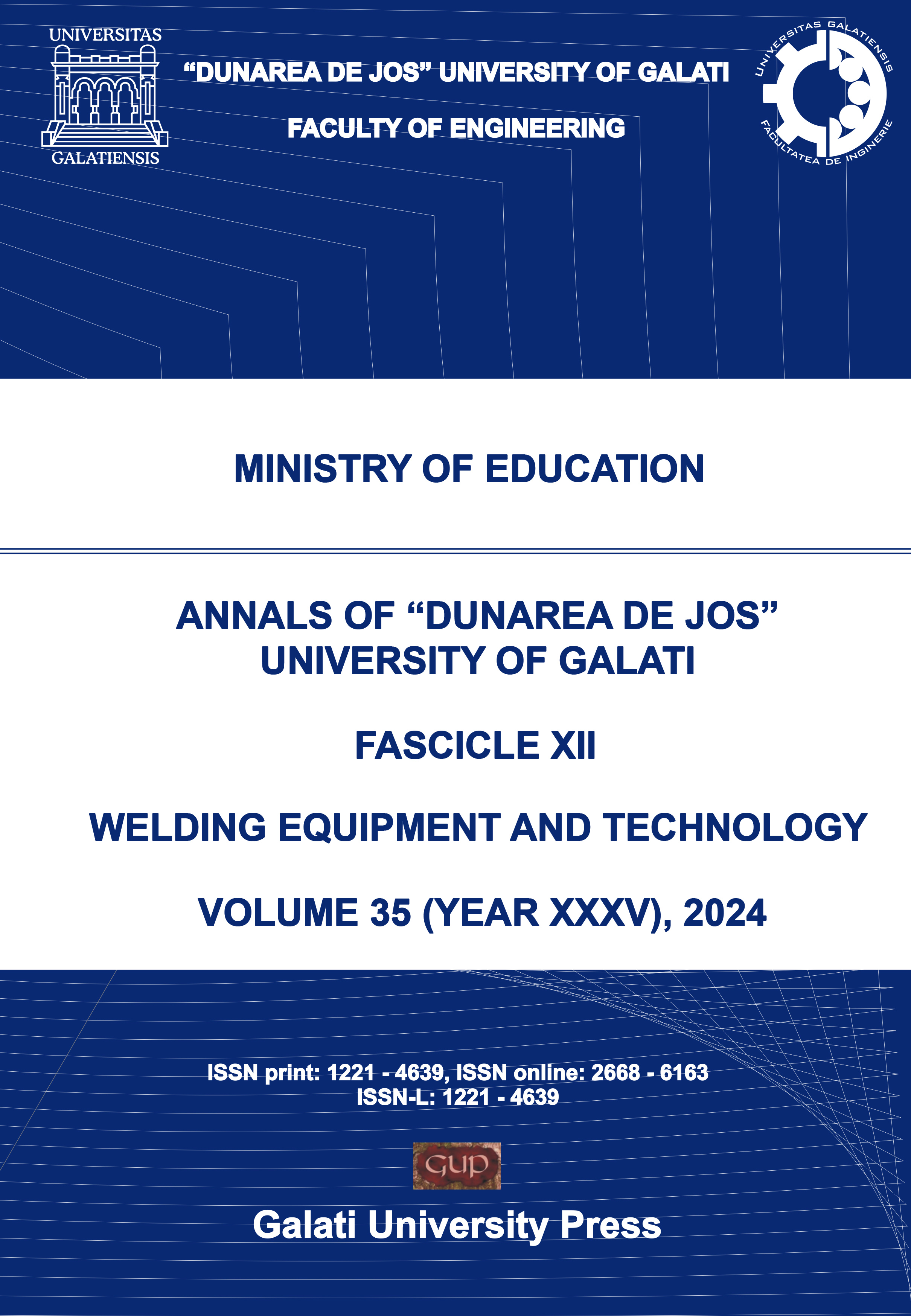Material Investigation and Effect of Printing Orientation, Tensile Speed, and Density on the Mechanical Behaviour of 3D Printed Parts
Abstract
Additive manufacturing (AM), also known as 3D printing, is becoming one of the main manufacturing sources in most fields, due to its easy manipulation and time, and cost savings. It is the most favourable manufacturing technology for prototyping, unit or limited production size, and personalized objects. However, the AM's most common problem found is the lack of material information due to the different printing parameters and different materials. The fused deposition modelling (FDM) is the mostly used AM technology since it is the cheapest and easiest manufacturing technique. This technology has various materials and printing parameters that affect the mechanical properties. Multiple types of research were made on the effect of the different printing parameters, other on the material properties, and few worked on the effect of different materials. In the scope of our work, the effect of the printing orientation on different materials and the effect of varying the density on the mechanical behaviour are investigated. Moreover, the FDM part’s mechanical behaviour is still on investigation. We investigated the effect of tensile tests with different speeds on the specimens to analyse this behaviour. For this purpose, we printed different tensile specimens with different materials, printing directions, and densities. Then, we studied the effect of each parameter on the mechanical behaviour using tensile tests. It was found out that the printing parameters have a significant impact on the mechanical properties, but the tensile speed doesn’t affect the behaviour if the test is made at an environmental temperature.
Downloads
Papers accepted for publication become the copyrighted property of the Annals of "Dunarea de Jos" University of Galati, Fascicle XII, Welding Equipment and Technology. No part of the publication may be reproduced or transmitted in any form, or by any means, electronic or mechanical, including photocopy, recording, or any information storage and retrieval system, except in limited quantities for the non-commercial purposes of scientific or educational advancement, without permission in writing from the Editorial Board.


